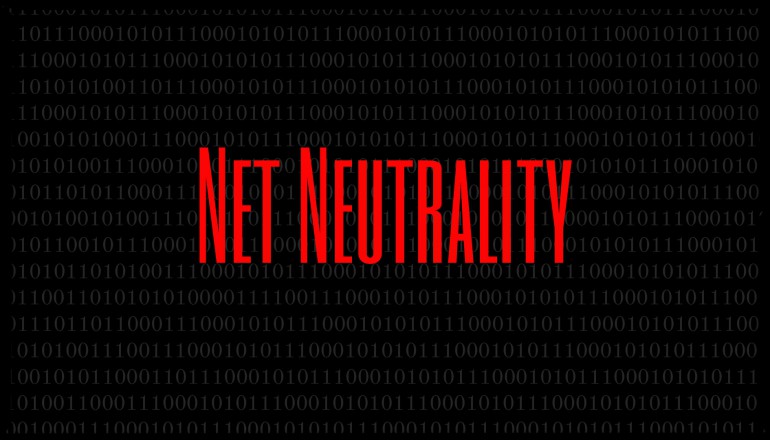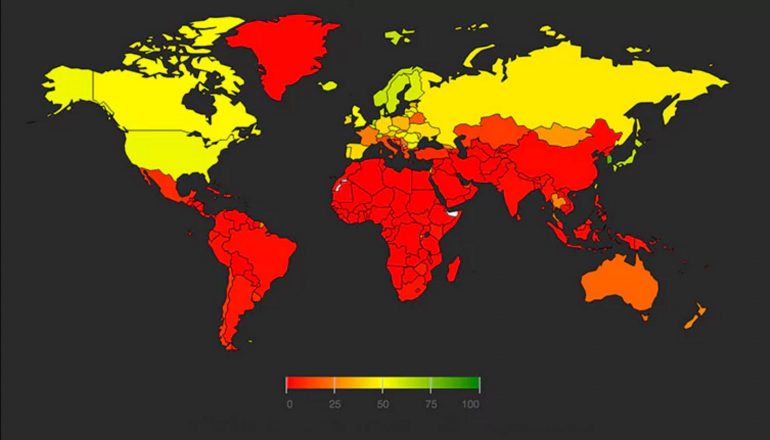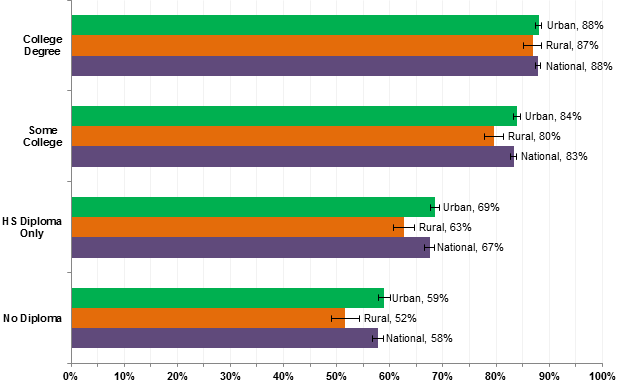Oops, John Oliver Did it Again
Now that we’ve enjoyed the obligatory not-so-funny HBO conspiracy theorist’s take on Title II, serious discussion can recommence. Fly, my pretty policy wonks with all your fancy knowledge of engineering, economics, and law. Make me proud with your wisdom.
Net Neutrality: This Time it’s Different
I read a blog post today that argued the net neutrality fight is one long, uniform battle that’s been going on since 1998, when it was supposedly called “open access”….
Five Myths about Title II and the Internet
Myth #1: Title II is the foundation of the Internet. Fact: Title II didn’t make an appearance on a significant part of the Internet until the Obama FCC’s Open Internet…
Faster Internet up to Web Sites
The ISP can take traffic from a server to a user as fast as the speed of light, but if the web server is underpowered or overloaded with badly written tracking code, the user isn’t going to be happy.
American Broadband Policy: Information over Manipulation
While it’s true that Americans aren’t dancing in the streets over ISP customer service, it’s unrealistic to claim that replacing them with municipal utility providers will change this dynamic at all.
Voluntary Net Neutrality: Holy Grail or Total Hoax?
If net neutrality is what its supporters say it is – the best overall way of setting expectations and managing Internet service agreements, it should be expected to become self-executing at some point. I think we passed that point about ten years ago, but we will see what we will see.
Wireless First: A Winning Strategy for Rural Broadband
The nice thing about focusing on wireless for the final leg of the extended broadband system is that it doesn’t duplicate effort or waste money. Despite the glory of fiber optic networks, people want mobility. So wireless is going to be part of the solution regardless. Why don’t we just accept that and concentrate on building the best wireless networks first and fill in with fiber only when and where it’s truly needed?
Congress Gives the FCC a Privacy Mulligan
“Don’t collect what you can’t protect” seems like a reasonable approach. Given that the current discourse is all about collection, we probably won’t have the conversation we need to have for a long time. And in the meantime we’re going to hear nothing but nonsense about gatekeepers, “sensitive” browsing histories, and how hard it may be to switch ISPs (as if we don’t do that several times more often than we switch social networks and search providers.
Five Myths About Internet Privacy
Our web activity is tracked by “edge services” such as Google and Facebook even if we don’t go to their web sites. This is because they both operate tracking networks with the cooperation of web sites that carry their tracking code.
Congress is Watching You: What to Look For in the House Internet Privacy Debate
Yes. Does Google track you outside of google.com? Yes. Does Google share sensitive data about you with third parties it collects from sites like edmarkey.com and standtallforamerica.com? I don’t know that it does, but it’s entitled to by its privacy disclosures. And the same goes for a dozen other trackers unleashed on web users who visit these two sites.










